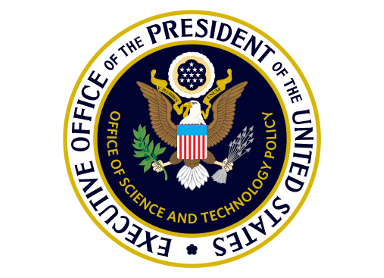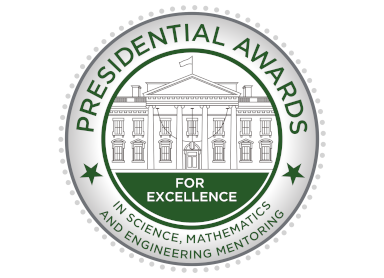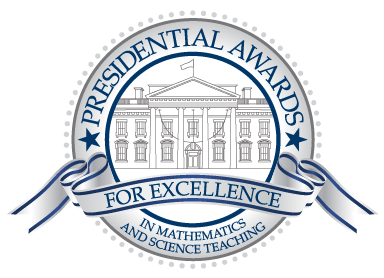Graduate students play a major role in supervising undergraduate researchers. I came to appreciate this reality after I started to organize internships at the University California at Santa Barbara (UCSB). When I was recognized with a Presidential Awards for Excellence in Science, Mathematics and Engineering Mentoring (PAESMEM), I was determined to improve recognition and support for graduate student mentors.
I suggested to the UCSB Chancellor
that we create a new award for graduate student mentors as a complement to
existing annual campus awards. At the time, UCSB recognized an outstanding
undergraduate researcher as well as a faculty member who played a notable role
in this enterprise, but no graduate student mentors. When he agreed to match my
$10,000 PAESMEM award, we set up a fund and a selection process to recognize
two graduate students in STEM (Science, Technology, Engineering, and Math) each
year.
To our surprise, we received many
nominations in the very first year. Faculty agreed that it raised the profile
of graduate researchers and created positive role models. Students have made
comments like, “Working with excited students did wonders for my motivation,”
and, “Mentoring is an avenue to both engage with students and as well as to
learn how to manage a research group.” Clearly, students see mentoring
experience as an asset for their futures as postdocs or junior faculty members.
We decided to extend this impact by
inviting the awardees to lead workshops for other graduate students who
supervise undergraduates in their laboratories. We had recently created the
Center for Science and Engineering Partnerships (CSEP) to coordinate STEM
outreach across the UCSB campus, so CSEP professionals coordinated events and
publicity to bring graduate students together to discuss ideas and best
practices. This exchange eventually led to an orientation handbook for present
and future graduate students.
We also made a key alliance between
CSEP and UCSB Graduate Division to explore how philanthropy might raise new
funds to extend support for mentoring on a more permanent basis. Their Director
of Development identified an interested donor whose endowment increased support
for graduate mentoring and ensures three annual stipends of $1,000.
As the Orientation Workshops grew in
popularity, it was clear that lead mentors played an important role and that it
would be valuable to recruit a ‘supermentor’ to serve as a consultant and
resource. Initially, CSEP was able to fund a stipend to hire a graduate student
in this role. Once that was evaluated as a positive step, we looked for
external funding to support a ‘supermentor’ each summer. We were successful and
have now established an annual Scholarship for a Lead Mentor who collaborates
with CSEP staff to organize resources to enhance STEM graduate mentoring
skills.
I recently
visited the UCSB campus to meet this year’s CSEP Lead Mentor, Annette Hilton. (See
photograph: Dr, Fiona Goodchild (left) and Annette Hilton (right), on UCSB
campus, April 2024) She explained how she plans to engage her peers in a range
of activities that include both established and new ideas. She is enthusiastic
about mentoring skills as an important aspect of her professional development
and wants to extend this concept to as many graduate student mentors as
possible.



